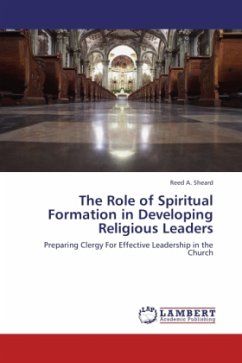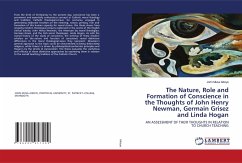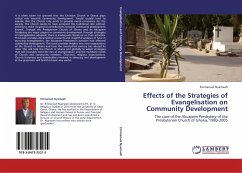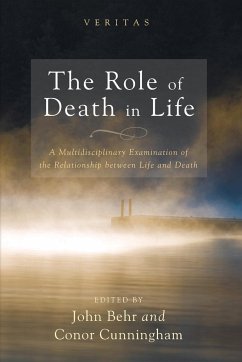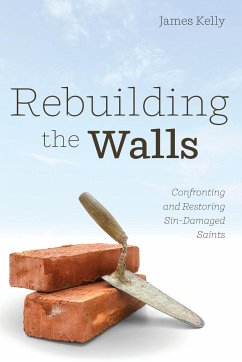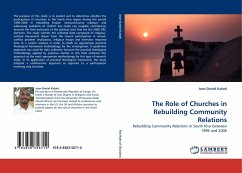
The Role of Churches in Rebuilding Community Relations
Rebuilding Community Relations in South Kivu between 1996 and 2006
Versandkostenfrei!
Versandfertig in 6-10 Tagen
45,99 €
inkl. MwSt.

PAYBACK Punkte
23 °P sammeln!
The purpose of this study is to predict and to determine whether the participation of churches in the South Kivu region during the period 1996-2006 in rebuilding broken intercommunity relations and addressing problems of conflict has made any tangible contribution towards the final outcomes of the political crisis that led the 2006 DRC elections. The study submits the collected data composed of religious, archival documents drawn from the church participation in armed-conflict problem resolutions, religious essays and interview response data to a careful analysis in order to distill an appropr...
The purpose of this study is to predict and to determine whether the participation of churches in the South Kivu region during the period 1996-2006 in rebuilding broken intercommunity relations and addressing problems of conflict has made any tangible contribution towards the final outcomes of the political crisis that led the 2006 DRC elections. The study submits the collected data composed of religious, archival documents drawn from the church participation in armed-conflict problem resolutions, religious essays and interview response data to a careful analysis in order to distill an appropriate practical theological framework methodology for the investigation. A qualitative approach was used for data collection because the practical theological methodology applied by previous studies in this field endorses this approach as the most appropriate methodology for this type of research study. In its application of practical theological framework, the study adopted a collaborative approach as opposed to a participation involving only churches.




